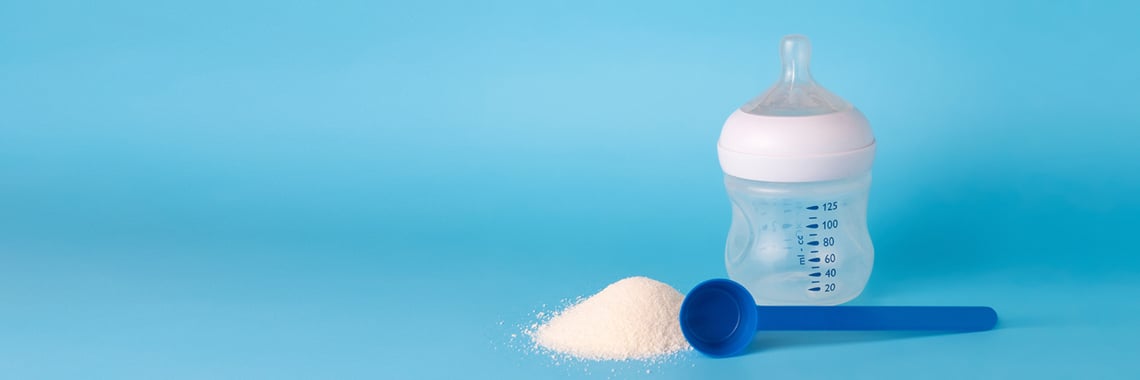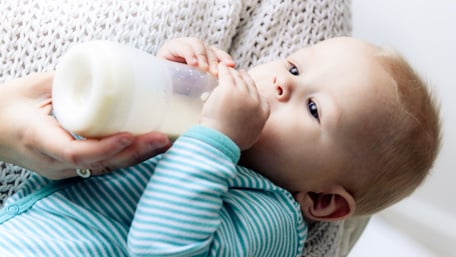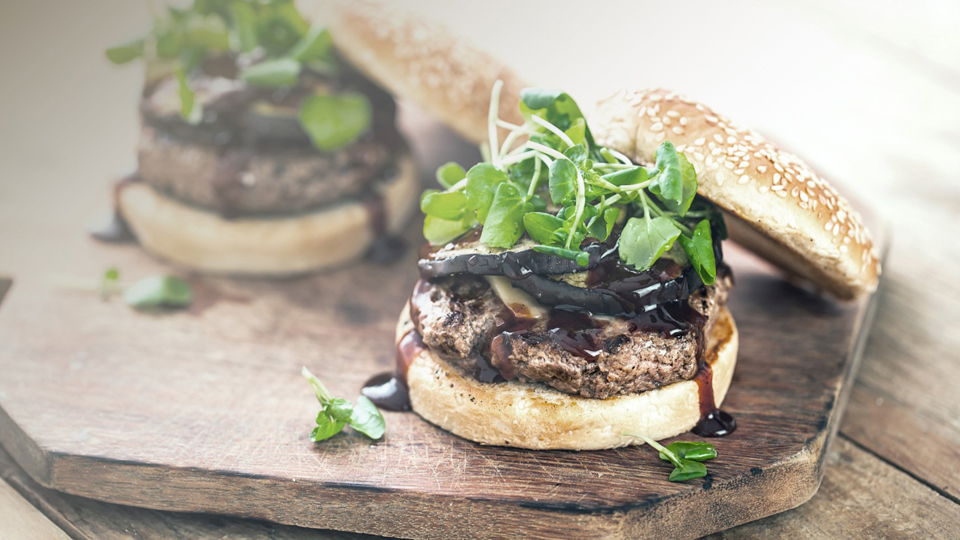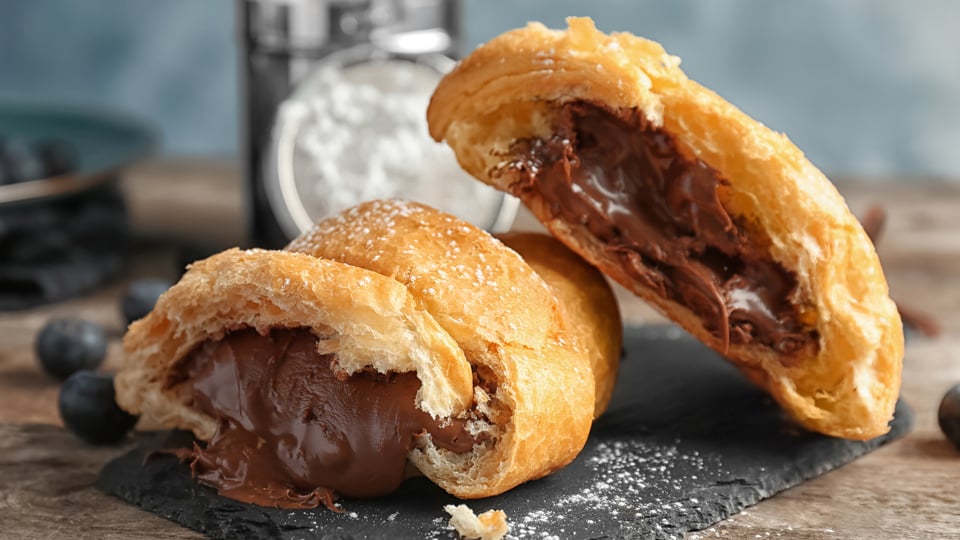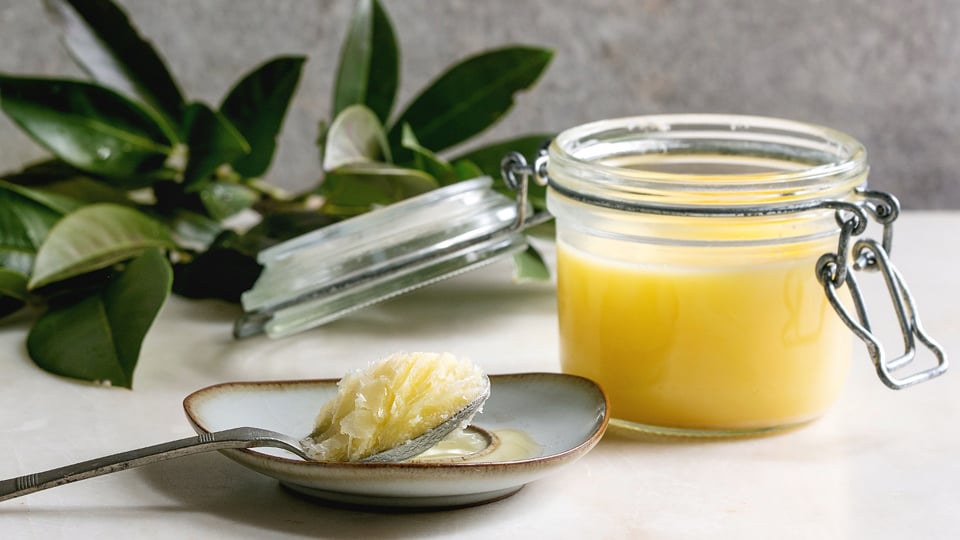One of our customers, a leading manufacturer of infant formula in Southeast Asia, took the strategic decision to significantly raise the bar on food safety above that which is required in its market. This is how AAK, through its unique Co-Development approach, helped to establish a new benchmark for food safety in the region.
In this specific product category, food safety is one of the greatest concerns for purchasers, and awareness of contaminants is a rising issue in the region despite lack of local regulation. The goal of our customer was to become the first local infant formula manufacturer to comply with EU standards – which are the highest in the world.
Understanding the pains
The starting point for the project was to understand which gaps needed to be addressed in order to meet EU standards. Together with our customer, we quickly identified 3-MCPD and GE as key contaminants.
Existing ingredient suppliers could not meet the customer’s new safety demands. Raising the bar to this level requires detailed knowledge and experience of the refining process, and how to control and minimize contaminants.
AAK technical specialists from Europe were brought in to collaborate closely with our customer and the local AAK team. Together, they walked the customer’s value chain to identify potential weaknesses related to contaminant compliance. The transport of oils by tanker to the customer’s production facility was highlighted as a key pain point, resulting in the decision to switch from road tanker to flexibag as the method of bulk delivery.
Making safer happen
We supported our customer to address all potential weak points within the value chain by implementing appropriate safer solutions. Fortunately, a technical solution already existed within our global product portfolio, making this part relatively straightforward.
The greatest challenge was the switch from tanker to flexibag. This had to be achieved whilst adhering to strict formulation requirements, including absence of antioxidants. The customer had no experience in handling flexibags, so AAK gave hands-on support to ensure that the set-up at the customer’s factory was able to receive oil in flexibags and that their employees had the appropriate know-how to safely transfer oil out of flexibags and into tanks for storage and production. Handling training and site evaluation was facilitated in partnership with the flexibag supplier.
A new, and potentially serious, challenge arose at the eleventh hour. Production samples sent to local government laboratories for safety compliance testing showed discrepancies in GE levels. Some products consistently showed out-of-spec, whereas AAK’s own analysis showed them within-spec. We took responsibility for resolving this issue, and sent retention samples to an outside lab, where AAK’s results were verified as correct. We then facilitated a meeting with the local government laboratory and brought in an acknowledged AAK specialist from Sweden to discuss the discrepancy and share knowledge and best practice related to analysis methods. This proactive response was greatly welcomed by all parties.
As a direct result of this project, our customer became the first local infant formula manufacturer to comply with EU regulations in its market, establishing a new benchmark for safety. This improvement has been certified by the local government laboratory, and is widely appreciated by purchasers, reflecting positively on brand image and loyalty. An additional benefit is that raised standards have opened export opportunities for our customer within Southeast Asia.



